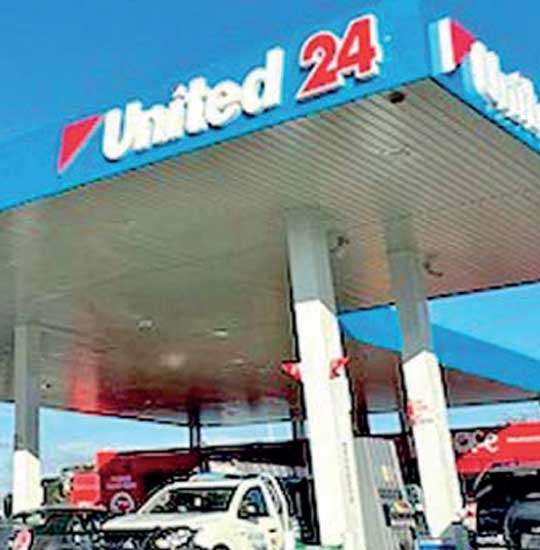
United Petroleum, the Australian energy firm that ventured into Sri Lanka’s fuel retail market with much anticipation in August 2024, has officially withdrawn from the country. This decision represents a significant setback for Sri Lanka’s efforts to diversify its fuel sector. The Ceylon Petroleum Corporation (CPC) Managing Director, Dr. Mayura Neththikumarage, confirmed the withdrawal, noting that the company had formally communicated its decision three months ago.
Dr. Neththikumarage explained, “The company cited dissatisfaction with operational conditions and noted the size of the Sri Lankan market was too small to achieve the expected profits.” Following this decision, United Petroleum ceased its fuel supplies in December 2024 after negotiations with the Sri Lankan Government.
Impact on Local Operations
The withdrawal means that 64 petrol stations previously under the United Petroleum brand have reverted to CPC management. This marks the end of United Petroleum’s first overseas retail venture, which had initially been seen as a promising expansion beyond its Australian base.
United Petroleum’s entry into Sri Lanka was marked by a 20-year licence under the Board of Investment (BOI) framework, with a pledged investment of $27.5 million for the import, storage, and sale of petroleum products. The venture was initially hailed as a significant step towards diversifying the country’s fuel retail landscape.
Challenges and Market Conditions
The challenges faced by United Petroleum highlight the complexities of entering smaller markets like Sri Lanka. The company had plans to expand its lubricant range and introduce its convenience store model at local fuel stations, but these ambitions were ultimately curtailed by operational hurdles and market limitations.
“The company cited dissatisfaction with operational conditions and noted the size of the Sri Lankan market was too small to achieve the expected profits.” — Dr. Mayura Neththikumarage
Broader Implications for Sri Lanka’s Fuel Sector
The exit of United Petroleum raises broader questions about the viability of Sri Lanka’s policy to liberalize its fuel market. In March 2023, the Sri Lankan Cabinet approved the entry of three new global players from China, the United States, and Australia, granting them 20-year licences. This move was intended to boost competition, ensure supply stability, and attract much-needed foreign direct investments (FDIs).
With United Petroleum’s departure, only the Indian, Chinese, and US entities remain active in the field. This leaves the Sri Lankan Government with the challenge of reassuring investors and consumers about the long-term prospects of the country’s fuel sector reforms.
Expert Opinions and Future Outlook
Industry experts suggest that United Petroleum’s withdrawal could serve as a cautionary tale for other international firms considering entry into smaller markets with unique operational challenges. The need for a stable policy environment and infrastructure support is critical for sustaining foreign investments in such sectors.
“The move represents a significant setback for the Government’s strategy to diversify the sector.” — Industry Analyst
Looking forward, the Sri Lankan Government may need to revisit its strategies to attract and retain foreign investors in the fuel sector. This could involve reassessing regulatory frameworks, improving infrastructure, and ensuring a more conducive environment for international businesses.
Conclusion
United Petroleum’s exit from Sri Lanka underscores the challenges of operating in smaller, less predictable markets. As the country continues to navigate its path towards fuel market liberalization, the lessons learned from this experience could prove invaluable in shaping future policies and attracting sustainable investments.
The Government’s next steps will be crucial in maintaining investor confidence and ensuring the long-term success of its fuel sector reforms. The focus will likely be on creating a more attractive and stable environment for the remaining international players and any future entrants.






